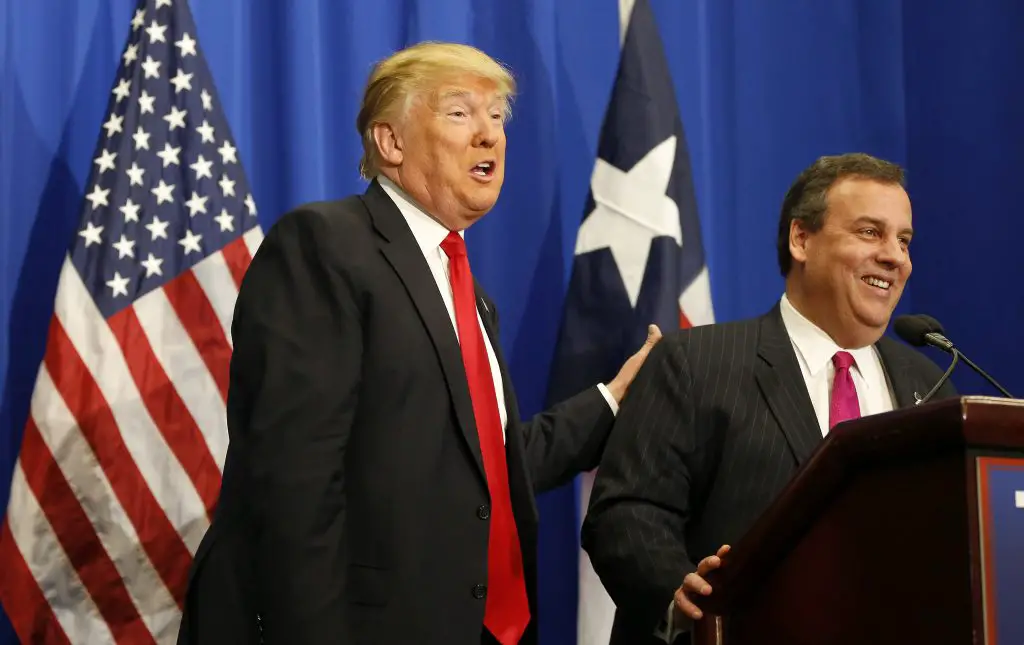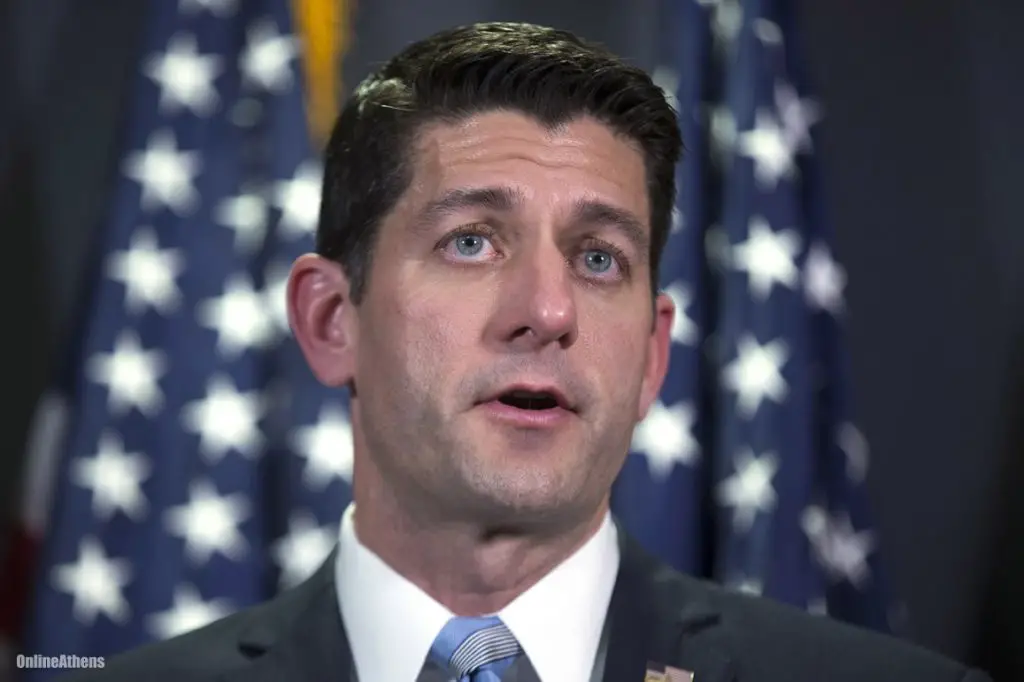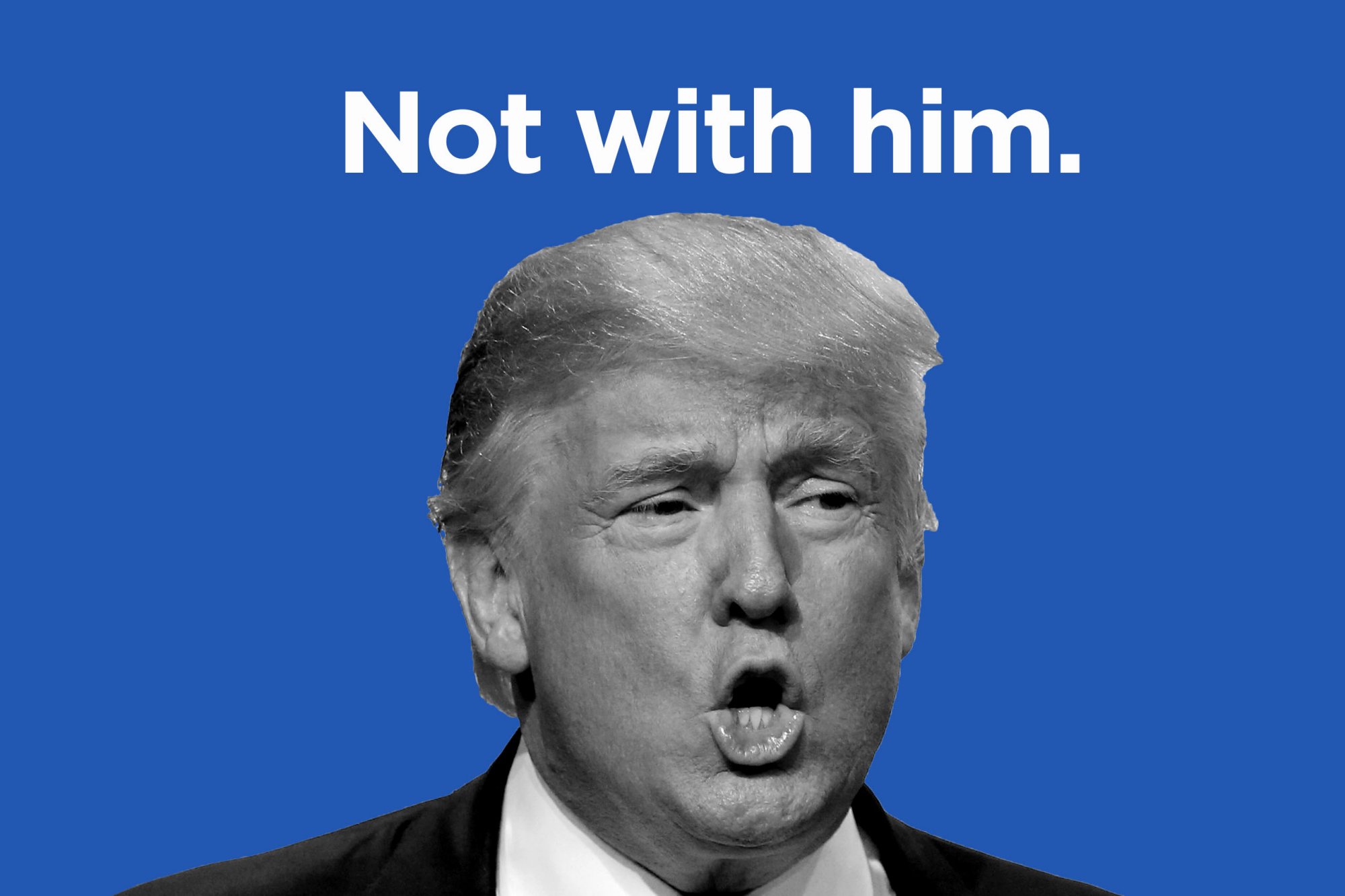Why Trump Will Hurt the GOP Long After November
Not only are Republicans fighting a losing battle, they’re alienating youth and minority voters, thereby ensuring their future unpopularity.
By Danny Enjamio, Santa Fe College
Truthfully, the past year has been a really crappy introduction to American politics for me, something that has less to do with Donald Trump’s presence on the Republican ticket than it does with people’s reaction to it.
The rise of Trumpism may trigger some kind of change in the Republican Party going forward. Or maybe it won’t, I don’t know. I’m far from a political expert, just a young voter, largely disappointed and frustrated at my options in this November.

There’s been a transition in many Republicans from being anti-Trump in the primaries, to standing by and even campaigning for him once it became clear it was going to be his nomination. That trend is true among ordinary Americans, but certainly extends into politics, where once vehement anti-Trump politicians are now not only supporting, but also campaigning for him.
Although I’m close to plenty of Republicans, almost none of them are actual Trump supporters. Most of them won’t vote for him, if they even vote at all. Because of this, when I engage in a conversation with them about Trump, everybody is pretty much on the same page.
But where I often find disagreements with others in regards to Trump lies in how I’m supposed to feel about the Republican politicians who have supported him.
This conversation is important, and gets lost in the mess that is this current presidential election cycle, because it matters beyond what happens in November. It’s also an especially valuable and interesting conversation for young people.
Donald Trump is really the aggregate of every negative perception of the Republican Party.
“New York Times” columnist Ross Douthat, a respected conservative journalist that vehemently opposes Trump, describes the nominee as “the great exposer” of his Party’s flaws in his piece The Party Surrenders. Likewise, Phil Van Treuren, a Republican city council member in Ohio, recently wrote that the Donald has “consistently reinforced the left’s worst stereotypes about the GOP.”
You see, a Party that elects Donald Trump isn’t a Party I, or I think most young Americans for that matter, want to be a part of. The truth is that he’s far from the candidate that represents what I always believed the Republican Party to be about. Either way, I made it a point to keep an open mind with both parties in this election, the first one I’m eligible to vote in.
For most of the primary, even when it became clearer that he was going to win the nomination, I kept giving the GOP the benefit of the doubt, convincing myself that Trump wasn’t really what the Republican Party stands for, just the beneficiary of a peculiar political climate.
But then the shift started.
Many anti-Trump Republicans began supporting Trump because he represents the Party and, more importantly, the only real chance of kicking the Democrats out of the White House (sorry, Gary Johnson supporters).

As more and more Republican politicians began supporting or endorsing the Trump campaign, it occurred to me that this was, at least for now, the Republican Party.
That’s because I consider Paul Ryan, Marco Rubio and others like them to be true Republicans, so once they endorsed Donald Trump, albeit reluctantly, the murky identity of the Republican Party began to re-form as Trumpism.
Truthfully, had figures like Rubio, Ryan, Chris Christie, Scott Walker, Nikki Haley and others who represent the future of the Republican Party not endorsed Trump, it wouldn’t be so easy for me to use Trump’s rise as an indictment of the Party going forward.
I certainly think the idea of Trumpism, and more importantly its appeal to many Americans, must be examined and acknowledged. But unless you believe that Donald Trump truly represents your Party, then supporting the candidate himself makes for a wholly irresponsible decision.
If the polls hold up and Trump loses in November, these politicians can’t walk back from the fact that they supported Donald Trump. That stain will be on them forever, which is just the reality of endorsing a candidate.
Many people will defend them, claiming it’s all just the nature of politics. Maybe they’re right, and I’m being way too harsh on the people that have surrendered to Trump.
But to suggest that they didn’t have a choice is, frankly, wrong.
I say that because plenty of Republicans have made the choice not to support Donald Trump, believing that he’s potentially toxic for the Party and knowing that standing with him now is something you’re going to have to defend later.
Refusing to support the nominee doesn’t mean betraying the Party. In fact I’d argue for the opposite to be true. Mitt Romney, Ben Sasse, Jeb Bush and Ted Cruz are among the most notable Republicans who have refused to support the nominee, and they most certainly care about the Republican Party.
Those men are Conservatives before Republicans, and they chose to be Republicans because that’s the Party that represents their views. If they still believe in the Party, then they know it can’t survive as they believe it’s supposed to with Donald Trump as president. They aren’t shackled to a Party, and their views remain the same, even if the GOP changes.
I really do believe history will be kind to those Republicans who stood up to Trump and refused to support him, but hey, I’m new to this.
I suppose this is just politics. Perhaps I’m naïve to expect that a politician should put the good of the country over what’s politically convenient or popular, and maybe I’m wrong for being disappointed when he or she doesn’t.
If the polls are any indicator, Trump will likely lose this election. But thanks in large part to the politicians that have decided to stand with him for whatever their reasons, he could remain a stain on the GOP long after November.


















Doesn’t any college of today teach that good journalism should be impartial? Your little story is not only unethical, but 100% biased and based on opinion only. The poll numbers are fairly even at this point and any candidate can win the election. Why would you assume that Trump is loosing? You are absolutely insane to suggest that Trump has lost the election before the election has occurred. Polls mean nothing. And at this point in your life you should know that polls can be biased also. If you interview 800 people (and that’s a typical poll number), it matters where those people live, where the poll occurs, etc. But I personally believe that 800 people cannot ever represent 3 billion persons. Polls are notorious for being incorrect in regards to elections.
Get some ethics and stop inserting your small-minded little opinions into “news stories”.